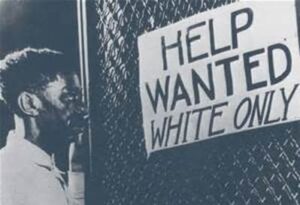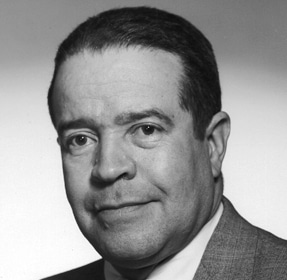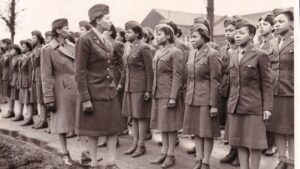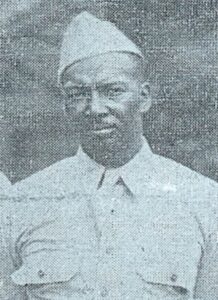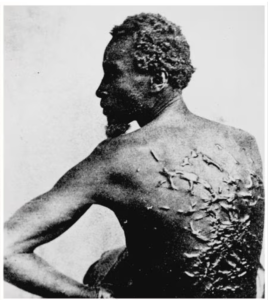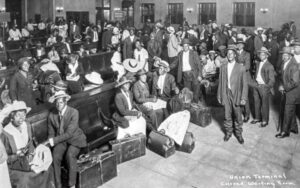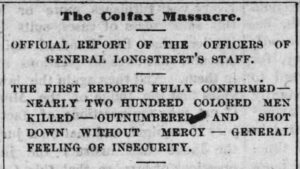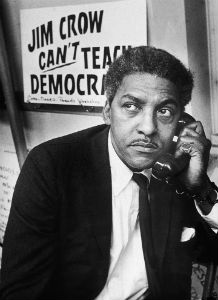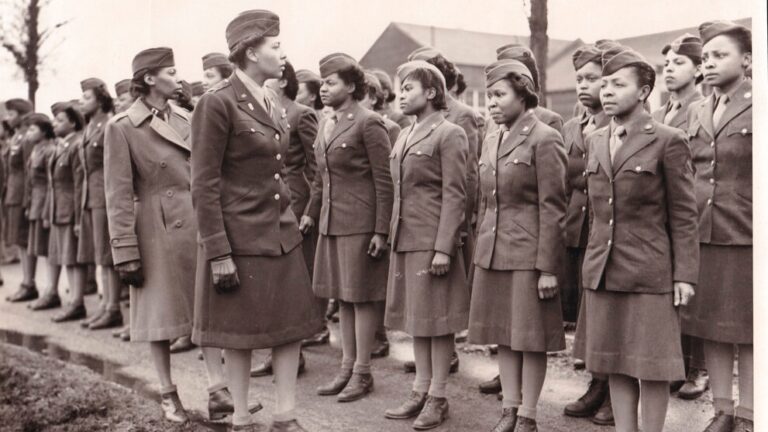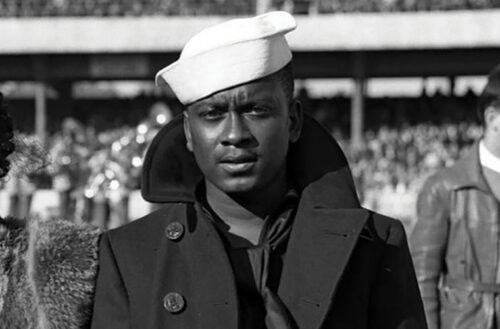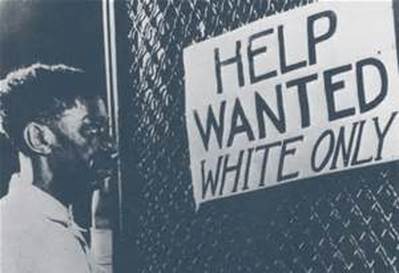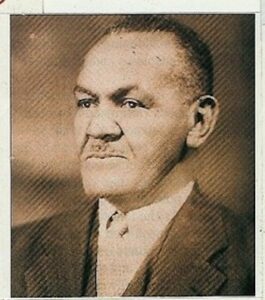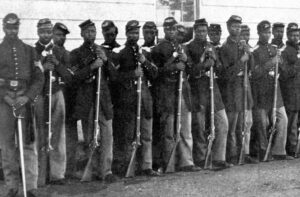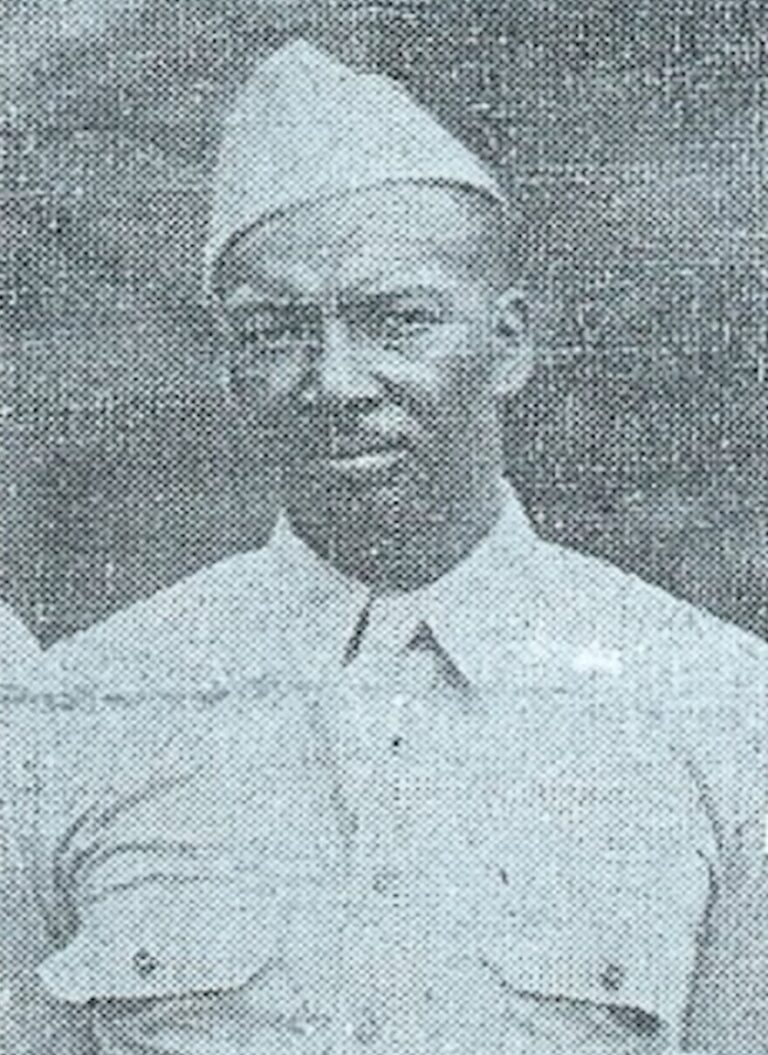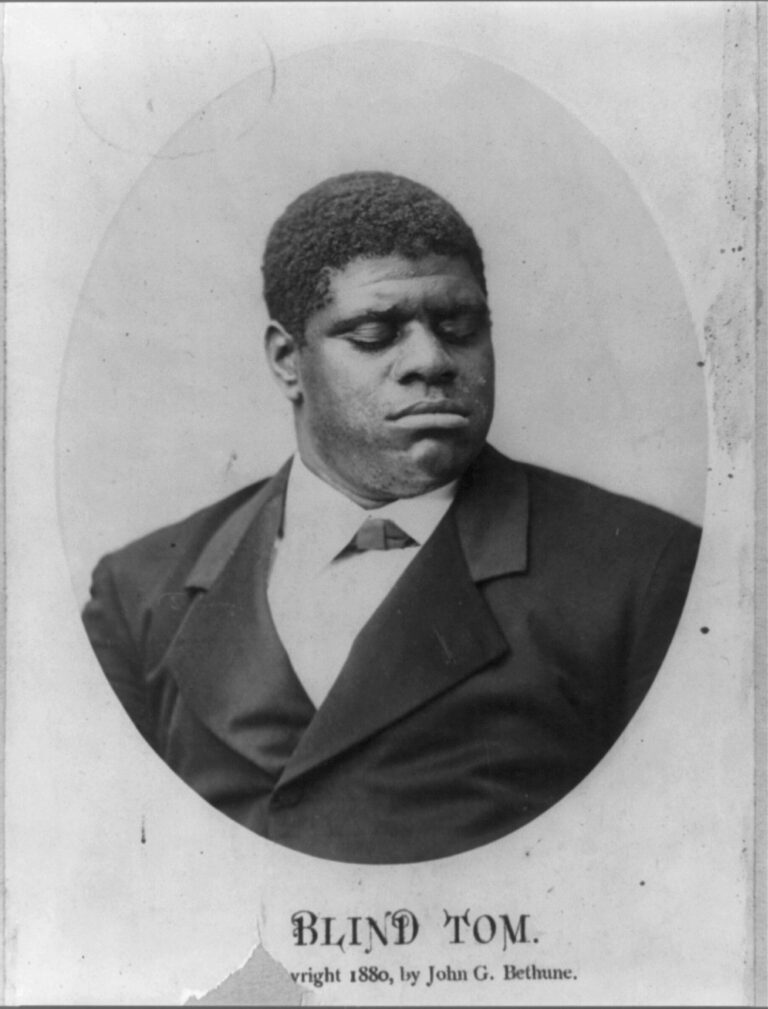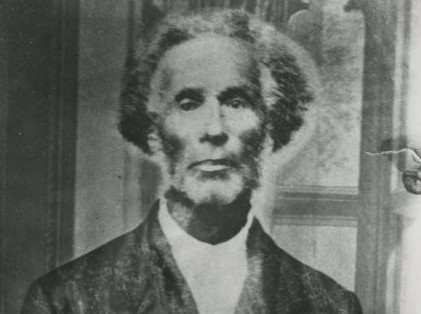By: Jerald Podair | Feb 1, 2023
As I began writing “Bayard Rustin: American Dreamer,” my biography of the 20th-century radical leader and activist, one of my colleagues cautioned me not to “fall in love.”
This, of course, is good advice for any biographer, and I tried to follow it.
But it wasn’t easy, because Bayard Rustin was America’s signature radical voice during the 20th century, and yes, I believe those voices include that of the Rev. Martin Luther King Jr., whom Rustin trained and mentored.
His vision of nonviolence was breathtakingly broad.
He was a civil rights activist, a labor unionist, a socialist, a pacifist and, later in life, a gay rights advocate.
Today, scholars would call Rustin an intersectionalist, a man who understood the complex effects of multiple forms of discrimination, including racism, sexism and classism.
Early Days and Activism
Born in West Chester, Pennsylvania, March 17, 1912, Rustin was one of 12 children raised by their grandparents. It is believed that his devotion to civil rights was formed by his grandmother, whose work with the NAACP resulted in leaders of the Black community, such as W.E.B. Du Bois and Mary McLeod Bethune, visiting the Rustin home during his Quaker upbringing.
Rustin was present at the creation of a host of pivotal American liberation movements. He helped found the Congress of Racial Equality and the Southern Christian Leadership Conference, two civil rights organizations that were focused on ending the Jim Crow era of racial segregation.
He worked with Black trade unionist A. Philip Randolph on the 1941 March on Washington Movement, which bore fruit in an executive order by President Franklin Roosevelt banning racial discrimination in the nation’s defense industries.
Rustin and Randolph worked again in 1948 on a successful campaign to end segregation in the U.S. military under President Harry Truman.
A pacifist, Rustin protested World War II by resisting the draft and, as a result, was imprisoned in 1944 as a conscientious objector.
After his release in 1946, Rustin became a major figure for the next two decades in two prominent pacifist organizations, the Fellowship of Reconciliation and the War Resisters League, both of which opposed the use of violence to settle disputes between individuals or nations.
In 1947, he and members of the Congress of Racial Equality planned the Journey of Reconciliation, the first organized effort to desegregate interstate bus transportation in the South.
This article appears in its entirety at the How Stuff Works website. It can be read here.
